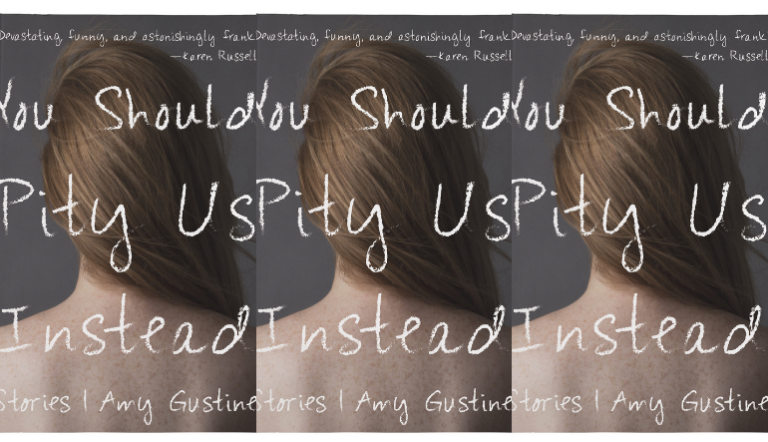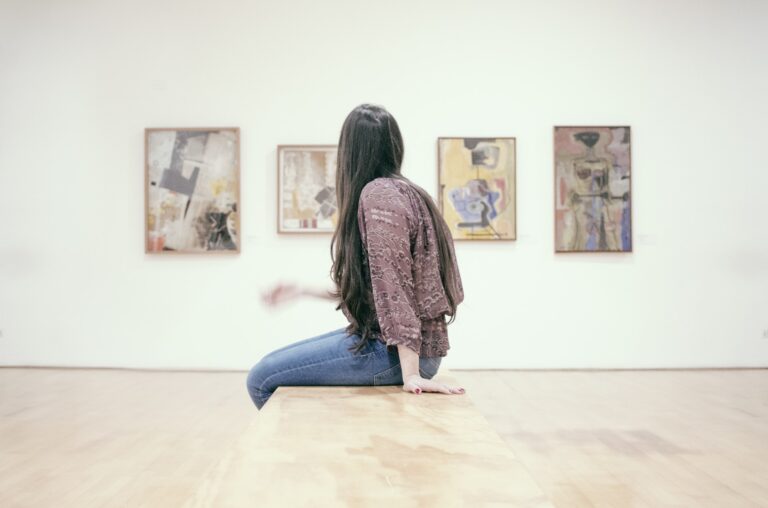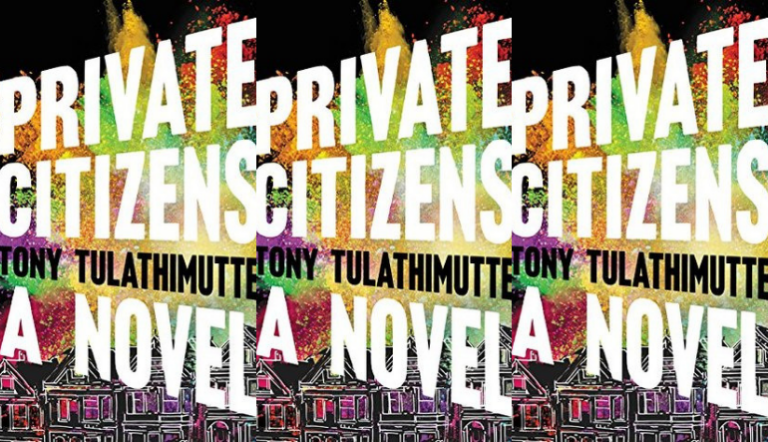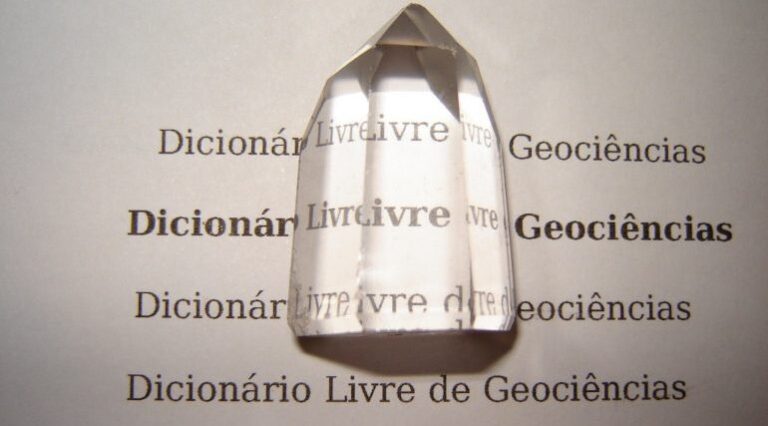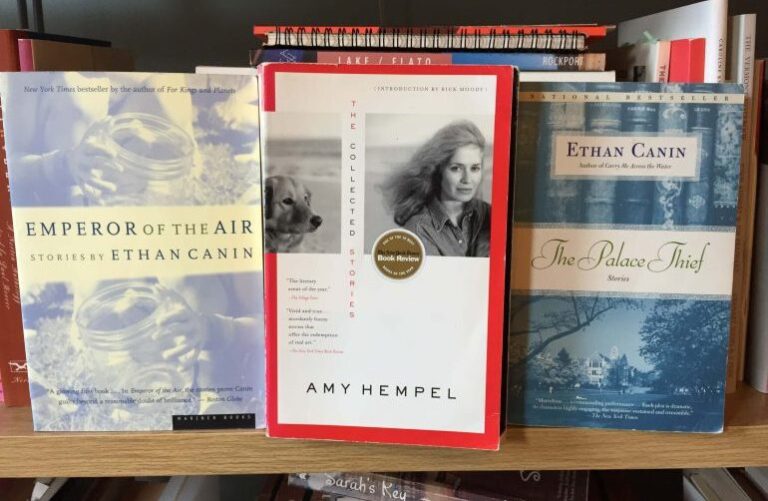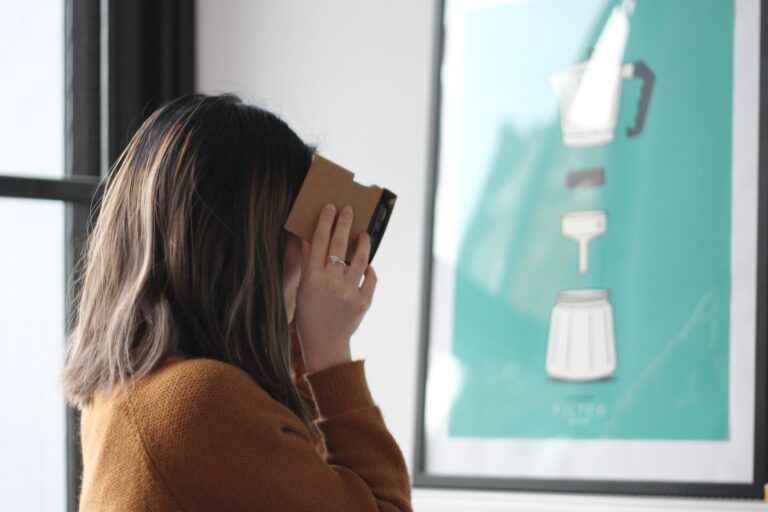Origin Stories: Amy Gustine’s You Should Pity Us Instead
Amy Gustine’s debut collection, You Should Pity Us Instead, is an unsentimental exploration of people in distress. I recently asked Gustine where she drew her inspiration. She told me that stories come alive for her when she opposes two equal forces, which explains why each one feels like such an exquisitely engineered work of tension….
